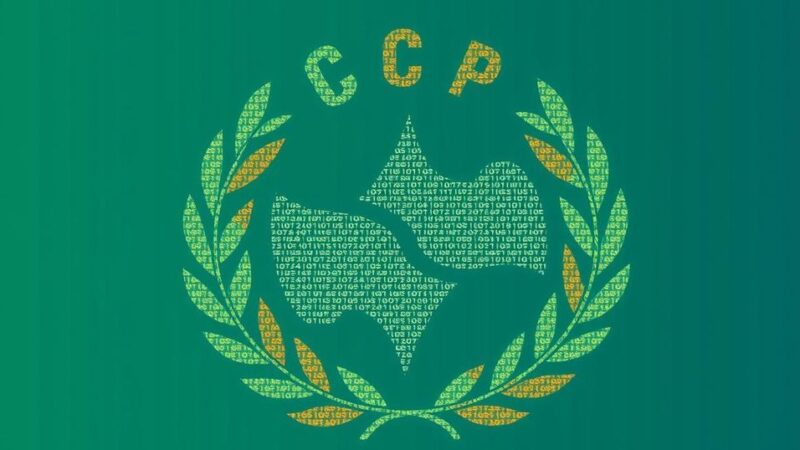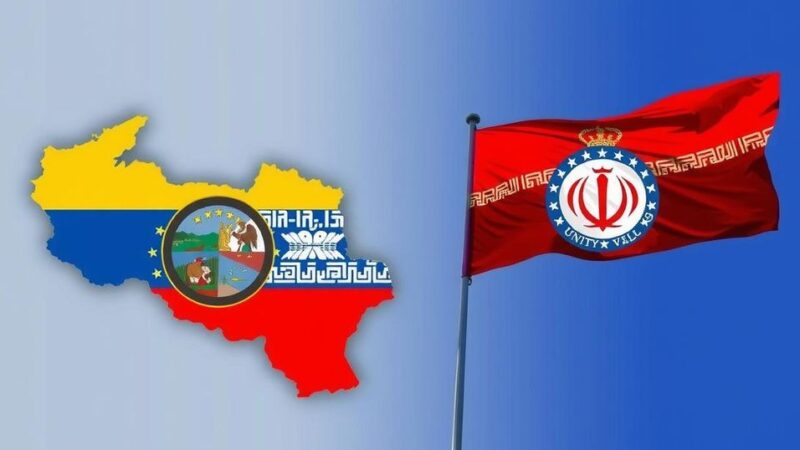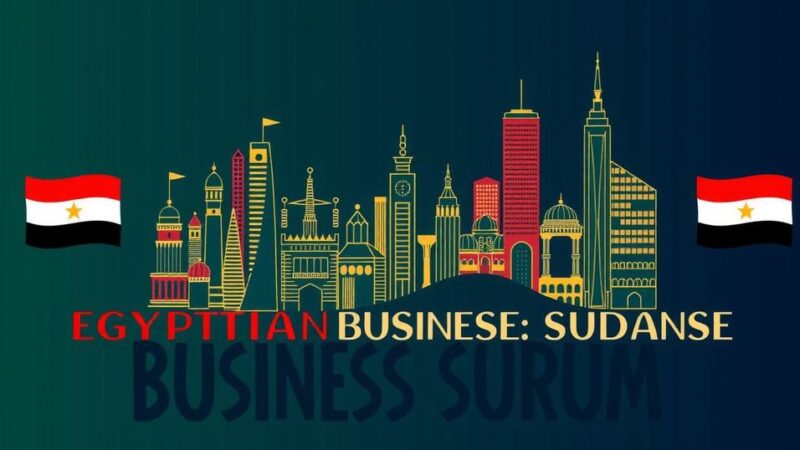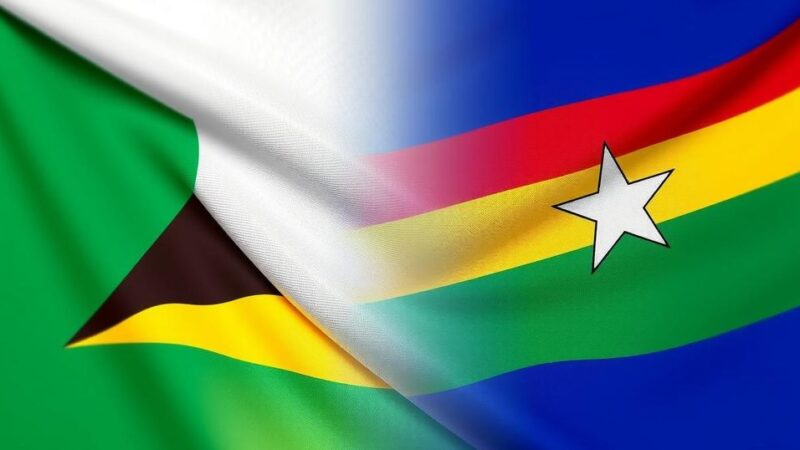Turkey is enhancing its ties with Somalia through the deployment of the Oruc Reis energy research vessel, amidst rising tensions with Ethiopia that threaten its investments. The geopolitical landscape is complicated by Egypt’s military support for Somalia, raising concerns about regional stability. Turkish mediation efforts face challenges, requiring international backing to achieve progress in negotiations as time runs short.
Turkey has taken a significant step in fortifying its bilateral relations with Somalia through the deployment of the energy research ship Oruc Reis, which is accompanied by two naval vessels. This action is part of a larger energy deal aimed at enhancing Turkey’s long-standing investments in Somalia. The efforts have been boosted by the attendance of Turkish President Recep Tayyip Erdogan at the ship’s send-off ceremony. Turkey’s commitment to solidifying its presence in Somalia includes having the largest embassy in the world located in Mogadishu, a strategic military base, and control over the port of Mogadishu by a Turkish company. Recent agreements include a defense partnership established in February and an energy exploration agreement signed in March. However, the escalating tensions between Ethiopia and Somalia pose a significant threat to Turkey’s investments and diplomatic initiatives in the region. The political landscape became more complex beginning January, when Ethiopia signed a memorandum with Somaliland, a self-declared independent region of Somalia, granting Ethiopia maritime access while recognizing Somaliland. This agreement has been met with vehement objections from the Somali government, asserting a violation of its territorial integrity. Turkey, which maintains cordial relations with both Ethiopia and Somalia, has sought to mediate the rising tensions. Despite optimistic prospects for an agreement during the latest negotiations, talks have been indefinitely suspended following Egypt’s recent defense pact with Somalia, including a shipment of arms. Experts caution that the deeper Egypt’s involvement in Somalia becomes, the more complicated it may become for Ethiopian-Somali reconciliation efforts. Furthermore, the shifting regional dynamics combined with strained inter-state relations could exacerbate an already precarious situation. Cairo’s military engagement has raised concerns regarding further aggravation of existing rivalries, particularly related to the controversial Grand Ethiopian Renaissance Dam, which is a critical issue for Egypt given its reliance on the Nile. While Turkish President Al Fateh Sisi has engaged in discussions regarding the tensions surrounding Ethiopia and Somalia during a recent visit to Ankara, experts indicate that time might not be on Turkey’s side as hostilities escalate. Current Turkish mediation efforts seem to require international backing to bring about any substantive breakthroughs in negotiations. The prospects for future negotiations mediated by Turkey appear grim as no new talks have been scheduled, leaving Ankara to engage with each country separately while tensions continue to rise along one of the globe’s vital trade routes.
The geopolitical dynamics of the Horn of Africa have become increasingly precarious due to escalating tensions, particularly between Ethiopia and Somalia, over issues of territorial integrity and access to resources. Turkey has positioned itself strategically in this context, deepening its ties with Somalia through military and energy agreements while attempting to mediate disputes between regional powers. The involvement of Egypt, particularly regarding military assistance to Somalia, adds another layer of complexity to an already volatile situation, impacting Turkey’s investments and diplomatic leverage in the region.
In conclusion, Turkey’s efforts to solidify its relationship with Somalia through military presence and energy deals face significant challenges posed by rising tensions with Ethiopia. The complexities introduced by Egypt’s military involvement and the broader regional rivalries necessitate a nuanced approach to mediation. Without international support and further dialogue, Turkey’s aspirations for investment and influence in the Horn of Africa may be jeopardized, underscoring the urgent need for de-escalation among involved parties to avert potential conflict.
Original Source: www.rfi.fr






